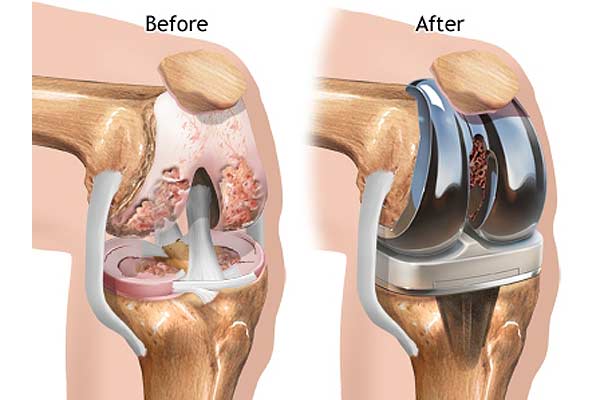While the price cap on knee implants may impact supply of these devices in the long run as shrinking profit and trade margins may discourage MNCs from bringing innovative products to India, this may also encourage them to invest in manufacturing in India.
To provide relief to patients undergoing orthopaedic surgery requiring knee implants, the National Pharmaceutical Pricing Authority (NPPA) extended the timeline of price cap on these devices by one more year. The move is likely to drive the sale of knee implants in India, according to GlobalData.
GlobalData’s report Knee Reconstruction (Orthopaedic Devices) – Global Market Analysis and Forecast Model (COVID-19 market impact) reveals that the medical devices market in India, which accounted for more than 11 per cent of the Asia-Pacific (APAC) medical devices market in 2019, is expected to grow at a compound annual growth rate (CAGR) of 9.4 per cent through 2028.
Rohit Anand, medical devices analyst, GlobalData, commented, “The number of knee replacement surgeries are expected to come down in 2020, impacting the sales amid the COVID-19 outbreak. The decision to continue the price cap on knee implants for another year will encourage patients to advance knee replacement procedures and we may see a surge in these procedures in 2021.”
Large multinationals including Stryker, DePuy Synthes, Smith & Nephew and Zimmer Biomet currently hold majority of the market share. GlobalData expects these four players to continue to dominate India’s knee replacement market.
Anand concluded that while the price cap on knee implants may impact supply of these devices in the long run as shrinking profit and trade margins may discourage MNCs from bringing innovative products to India, this may also encourage them to invest in manufacturing in India.
“On the other hand, the move will ultimately benefit millions of patients if the government takes steps to reduce the overall procedure cost. The government may control prices at import and retail levels but fixing the cost of procedures at hospital level in private set-up will be a challenge. Since most of these surgeries are performed in private hospitals, we may see a rise in out-of-pocket expenses for patients undergoing knee implant surgeries,” analysed Anand.



